In the process of building and defending the country for thousands of years, Vietnamese culture has always been a strong link between the past, present and future. From that cultural source, the Vietnamese people have formed an endogenous strength to survive and develop, while absorbing the quintessence of human culture to enrich their own identity.
With profound academic thinking and broad vision, Professor-Doctor Pham Hong Tung, Director of the Institute of Vietnamese Studies and Development Sciences , Hanoi National University, has painstakingly compiled the book " Discovering Vietnamese Culture: From Historical Approach to Contemporary Vision" published by the National Political Publishing House Truth.
The 416-page work, comprising 17 monographs, is the result of nearly 10 years of research, reflecting an interdisciplinary, modern and creative approach to Vietnamese historical and cultural issues.
From a geostrategic perspective, the author places Vietnam in the context of the Southeast Asian region, where the North and the South, the East and the West, the continent and the ocean intersect. That position makes Vietnam both a land that has endured many challenges from invasions and a vibrant center of cultural exchange and assimilation.
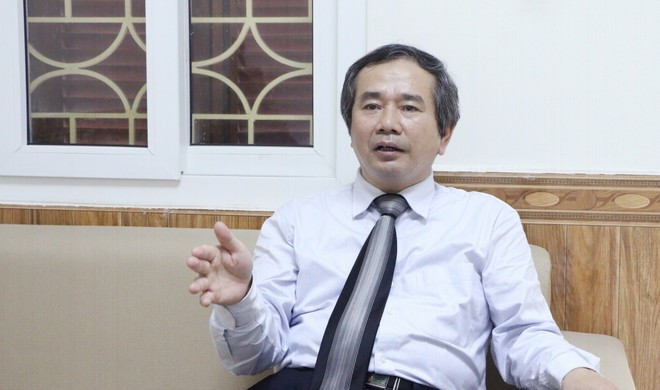
According to Professor-Doctor Pham Hong Tung, it is this exchange that has helped our nation accumulate and filter the quintessence of human culture, forming a rich, multi-layered and sustainable Vietnamese culture. Entering the era of globalization and the new industrial revolution, Vietnam once again faces opportunities and challenges in developing while still preserving its identity.
The book's content focuses on three main groups presenting the author's new discoveries about Vietnamese culture.
The book is divided into three major groups of monographs. In the first group, the author focuses on two outstanding historical figures: President Ho Chi Minh and General Vo Nguyen Giap. With modern analytical thinking, the author affirms that Ho Chi Minh is “a pioneering global citizen”, who skillfully combines “global thinking, local action”, linking national strength with the strength of the times. The monograph on General Vo Nguyen Giap continues to clarify the personality, mettle and stature of the “big brother” of the Vietnam People’s Army, a symbol of Vietnamese intelligence and spirit in the 20th century.
The second group discussed in depth the core issues of Vietnamese political culture: national aspirations, the role of the ruling party, cultural welfare and especially the mission of education.
The third group extends to the fields of modern culture: Urban culture, creative industries, intercultural dialogue and cultural security. In particular, the author particularly emphasizes the issue of cultural security as an important part of national security, because “if culture exists, the nation exists.”
According to the publisher, another notable point is that the monographs do not stop at academic analysis, but also carry the spirit of dialogue and open up to the field of intercultural dialogue. Thereby, the author not only clarifies the vitality of Vietnamese culture in the past but also affirms the adaptability and innovation of national culture in the modern world./.
Source: https://www.vietnamplus.vn/suy-ngam-ve-con-duong-phat-trien-van-hoa-dan-toc-trong-boi-canh-toan-cau-hoa-post1071426.vnp


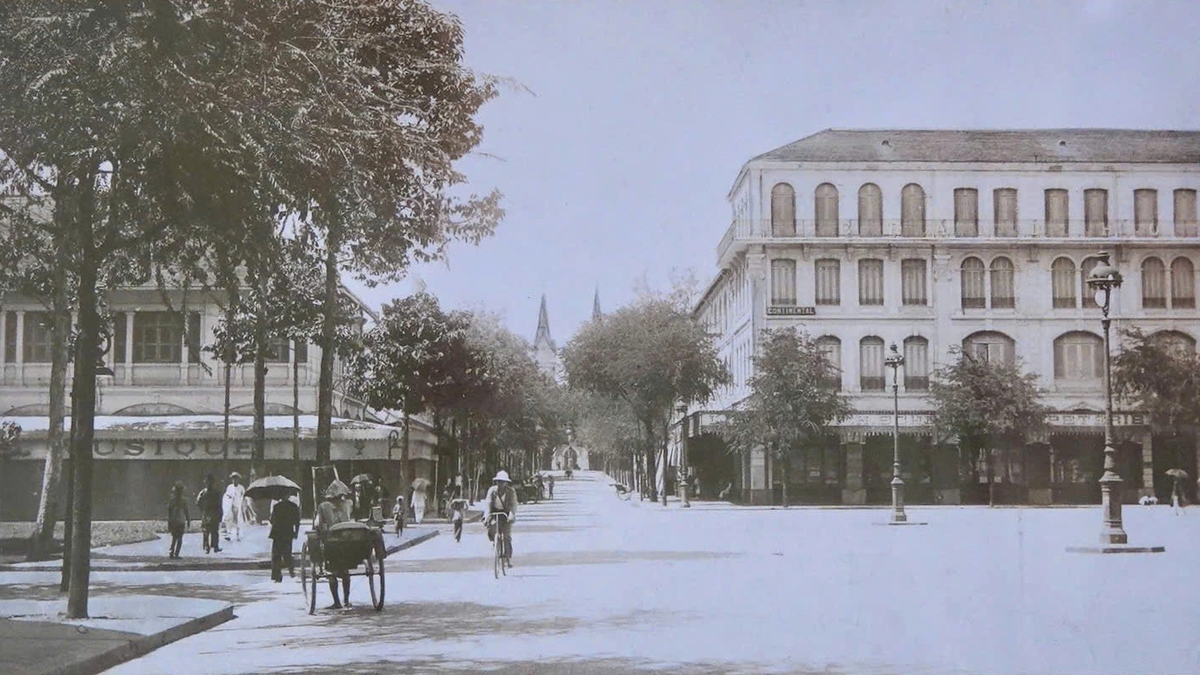
![[Photo] Chairman of the Hungarian Parliament visits President Ho Chi Minh's Mausoleum](https://vphoto.vietnam.vn/thumb/1200x675/vietnam/resource/IMAGE/2025/10/20/1760941009023_ndo_br_hungary-jpg.webp)
![[Photo] The Steering Committee of the 2025 Fall Fair checks the progress of the organization](https://vphoto.vietnam.vn/thumb/1200x675/vietnam/resource/IMAGE/2025/10/20/1760918203241_nam-5371-jpg.webp)
![[Photo] Solemn opening of the 10th Session, 15th National Assembly](https://vphoto.vietnam.vn/thumb/1200x675/vietnam/resource/IMAGE/2025/10/20/1760937111622_ndo_br_1-202-jpg.webp)

![[Photo] National Assembly Chairman Tran Thanh Man holds talks with Hungarian National Assembly Chairman Kover Laszlo](https://vphoto.vietnam.vn/thumb/1200x675/vietnam/resource/IMAGE/2025/10/20/1760952711347_ndo_br_bnd-1603-jpg.webp)
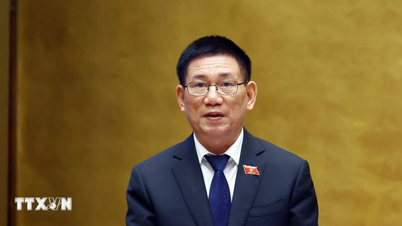
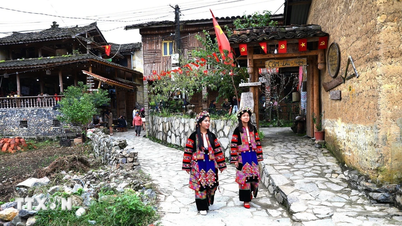
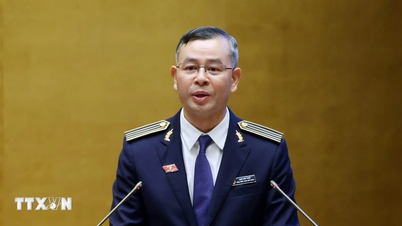
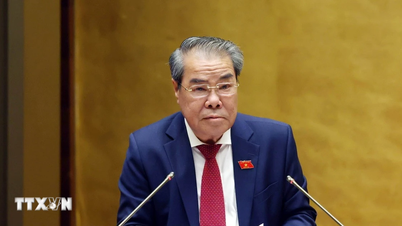
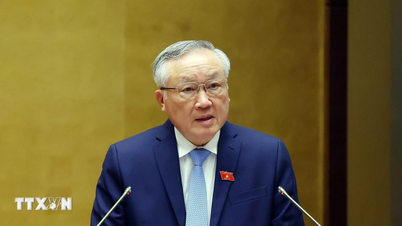
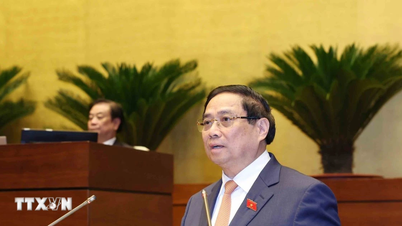
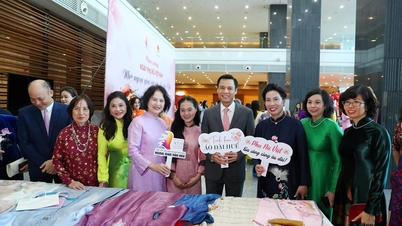







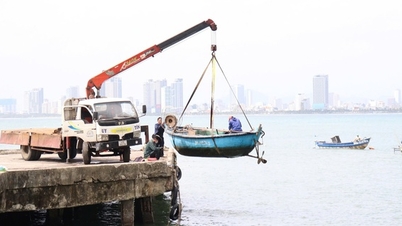
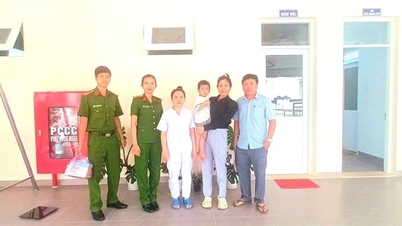




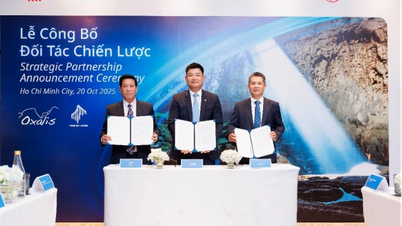
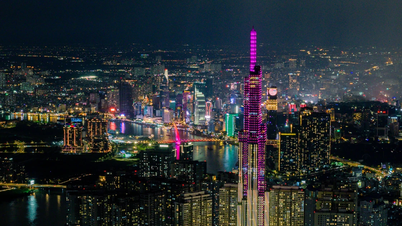
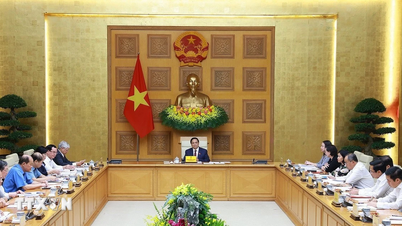
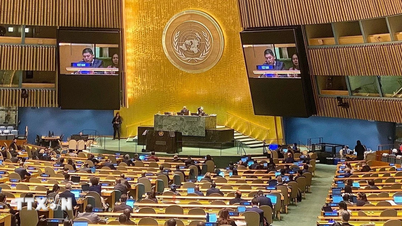
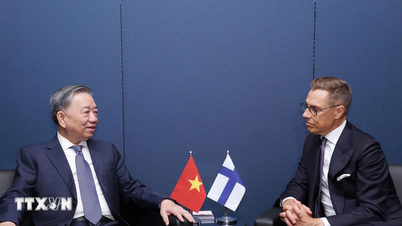

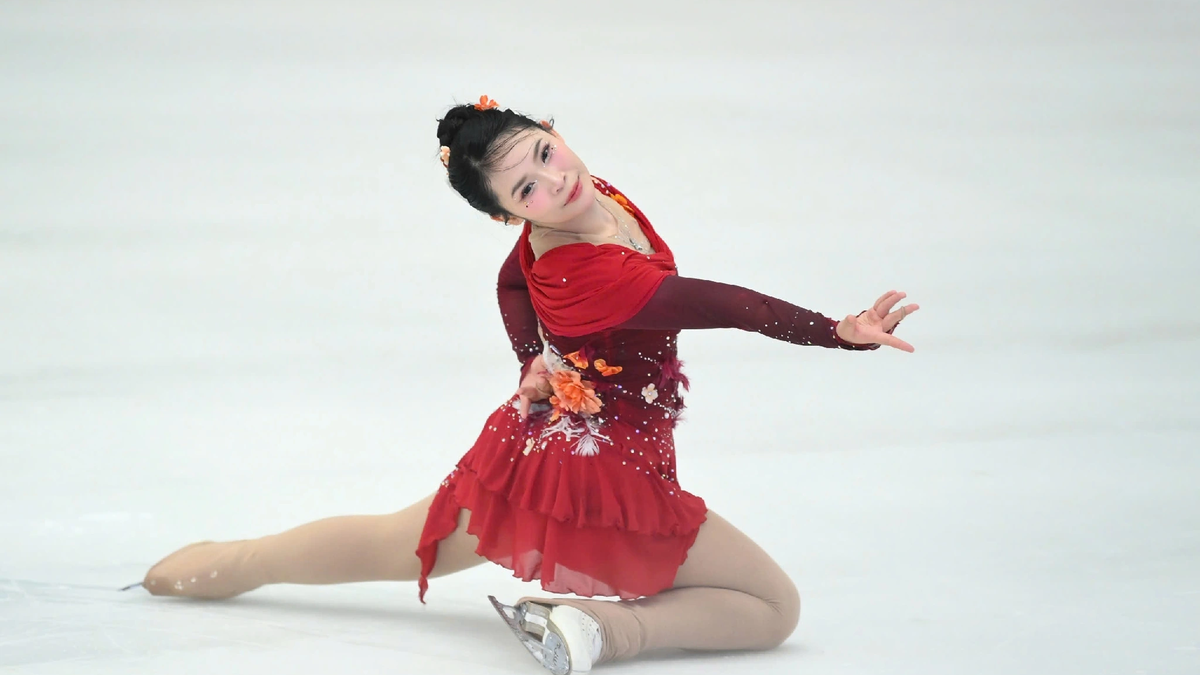

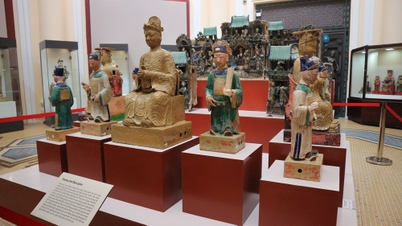
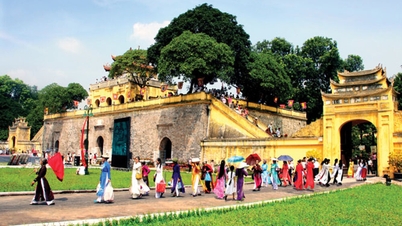

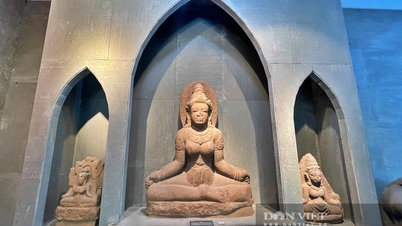

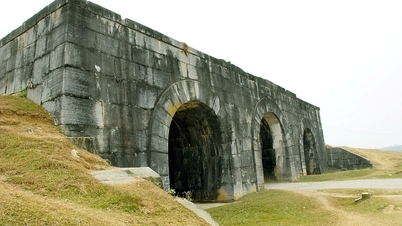
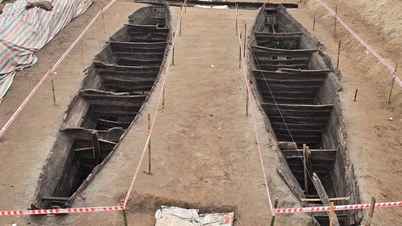

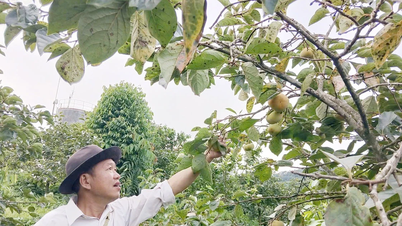

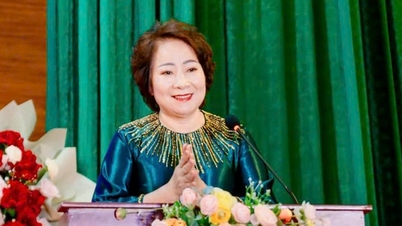


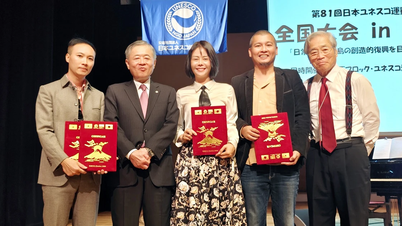

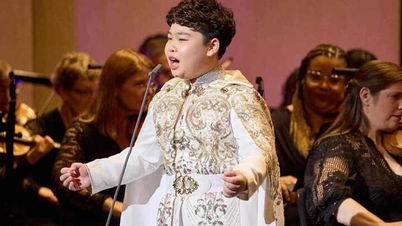

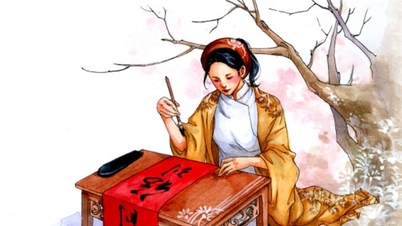


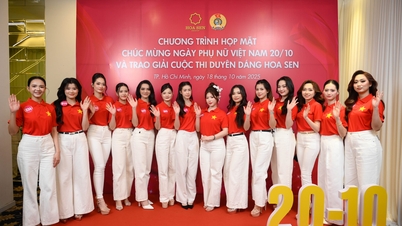

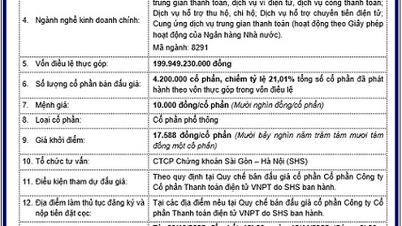
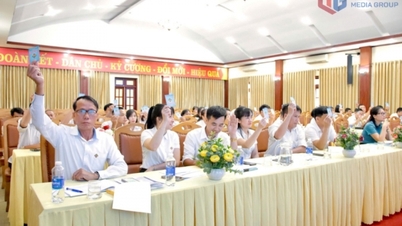

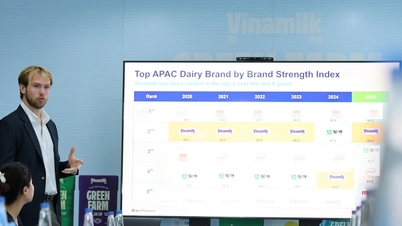

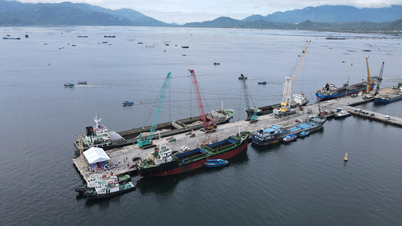








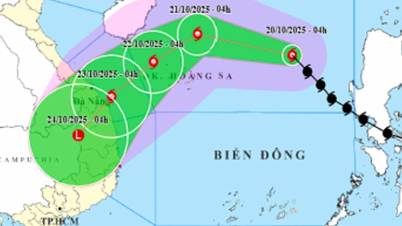

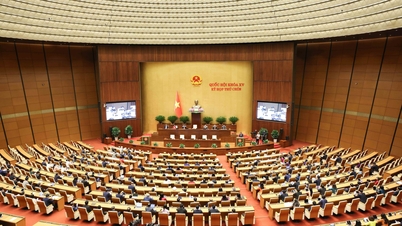
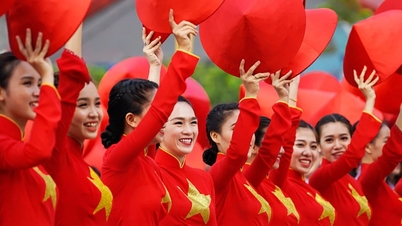

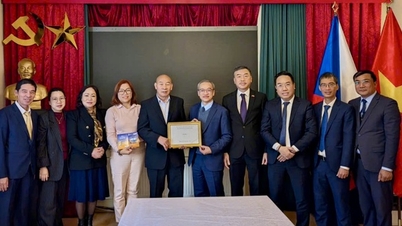

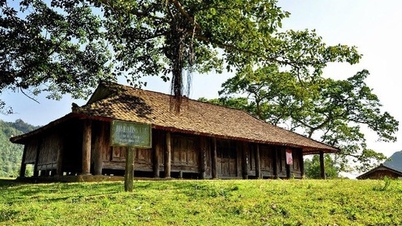
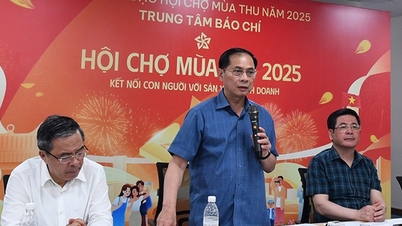
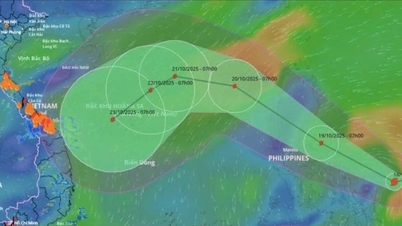

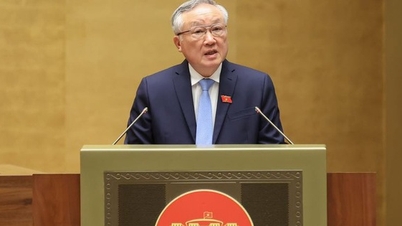
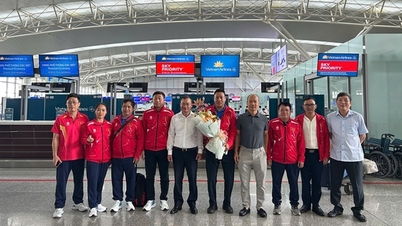


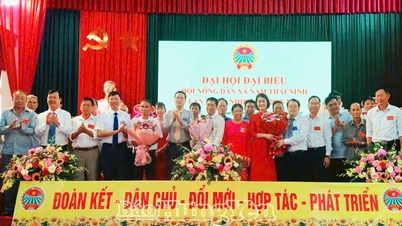



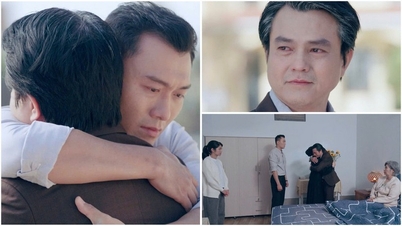













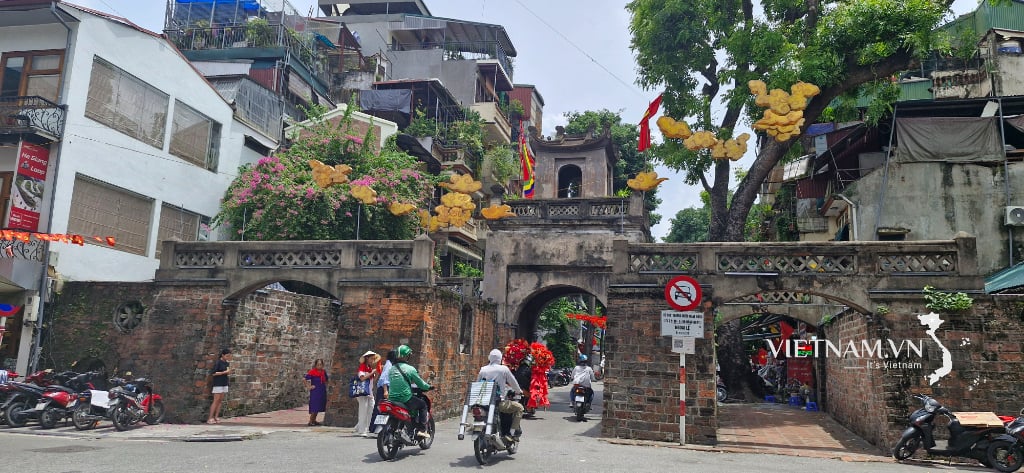

Comment (0)